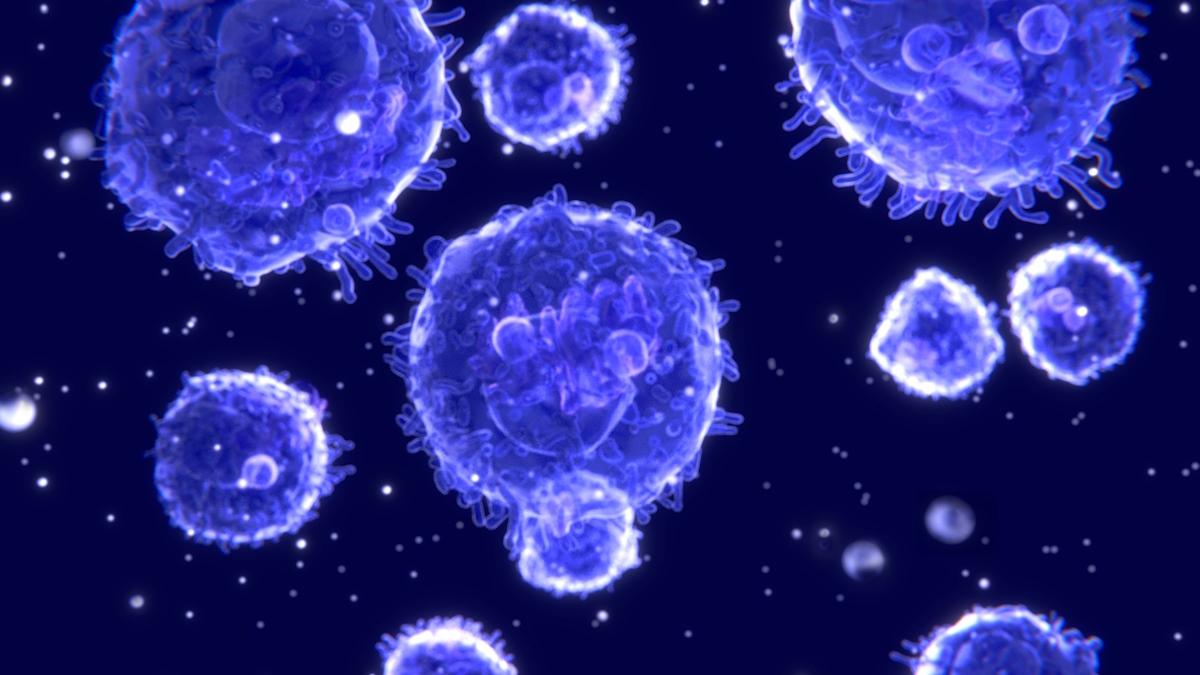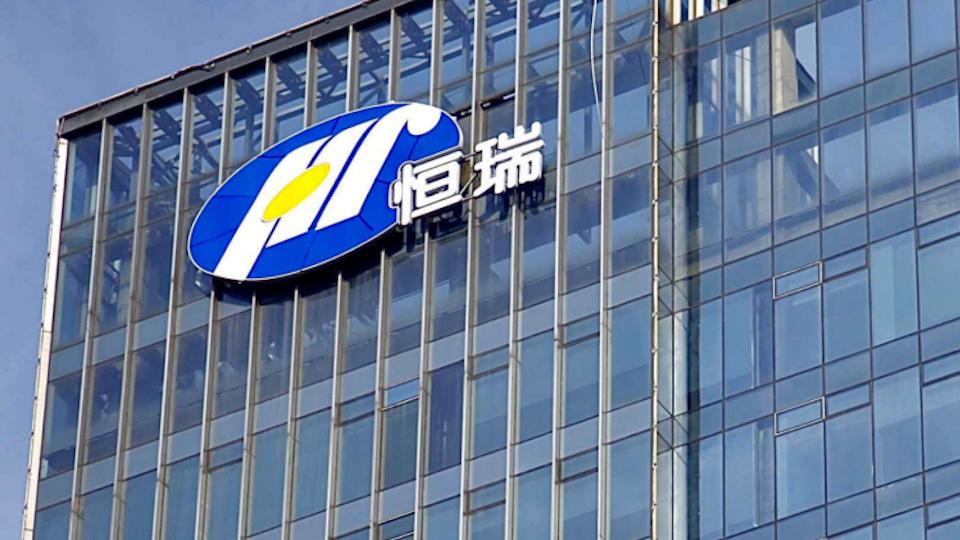CARsgen gets a win for CAR-T in solid tumours

CARsgen Therapeutics' claudin 18.2-targeting autologous CAR-T therapy satricabtagene autoleucel (satri-cel) has shown efficacy in gastric cancer, in a rare win for this type of cell therapy in a solid tumour.
The Shanghai-based biotech said the positive results from a phase 2 trial in advanced, claudin 18.2 expression-positive gastric or gastroesophageal junction (GEJ) cancers that have not responded to at least two prior lines of treatment could set up a regulatory filing for the CAR-T in China.
CAR-T therapies have transformed the treatment of various blood cancers, but have been less effective for solid tumours, in part because they find it difficult to target cancer cells, as well as infiltrate and survive in the hostile microenvironment of the tumour.
In the phase 2 trial, satri-cel met its primary objective of a statistically significant improvement in progression-free survival compared to physician's choice of treatment, which could include chemotherapy, immunotherapy with Bristol Myers Squibb's Opdivo (nivolumab), or targeted therapy with Hengrui Pharma's multikinase inhibitor Aitan (apatinib).
"This represents a groundbreaking milestone for the field of CAR-T therapies against solid tumours," claimed CARsgen's chief executive, Dr Zonghai Li, who said the company hopes to file for Chinese approval of satri-cel in this indication within the next six months.
If that schedule is met and satri-cel is approved by China's National Medical Products Administration (NMPA), it could become "the world's first CAR-T product for solid tumours," he added. At the same time, CARsgen intends to start clinical trials of the therapy as adjuvant therapy for gastric and pancreatic cancers.
The phase 2 result is also a further endorsement of the role of claudin 18.2 in cancer treatment, coming after regulators approved Astellas' antibody therapy Vyloy (zolbetuximab) as the first therapy directed at the target last year.
Vyloy has been cleared for use as a first-line treatment of adults with locally advanced or metastatic HER2-negative, claudin 18.2-positive gastric or GEJ adenocarcinoma that cannot be treated with surgery.
Claudin 18.2 is a transmembrane protein expressed in approximately 38% of advanced gastric cancer cases and is not generally seen in healthy tissues, making it almost completely tumour-specific, which should avoid off-target effects.
Other claudin 18.2 candidates coming through the industry pipeline include Innovent Bio's antibody IBI343 in phase 3 and AstraZeneca/Keymed's antibody-drug conjugate (ADC) AZD0901 in phase 2.
Meanwhile, CARsgene has a partnership in place with Moderna to use satri-cel alongside the US biotech's claudin 18.2 mRNA cancer vaccine in a potential combination regimen.












